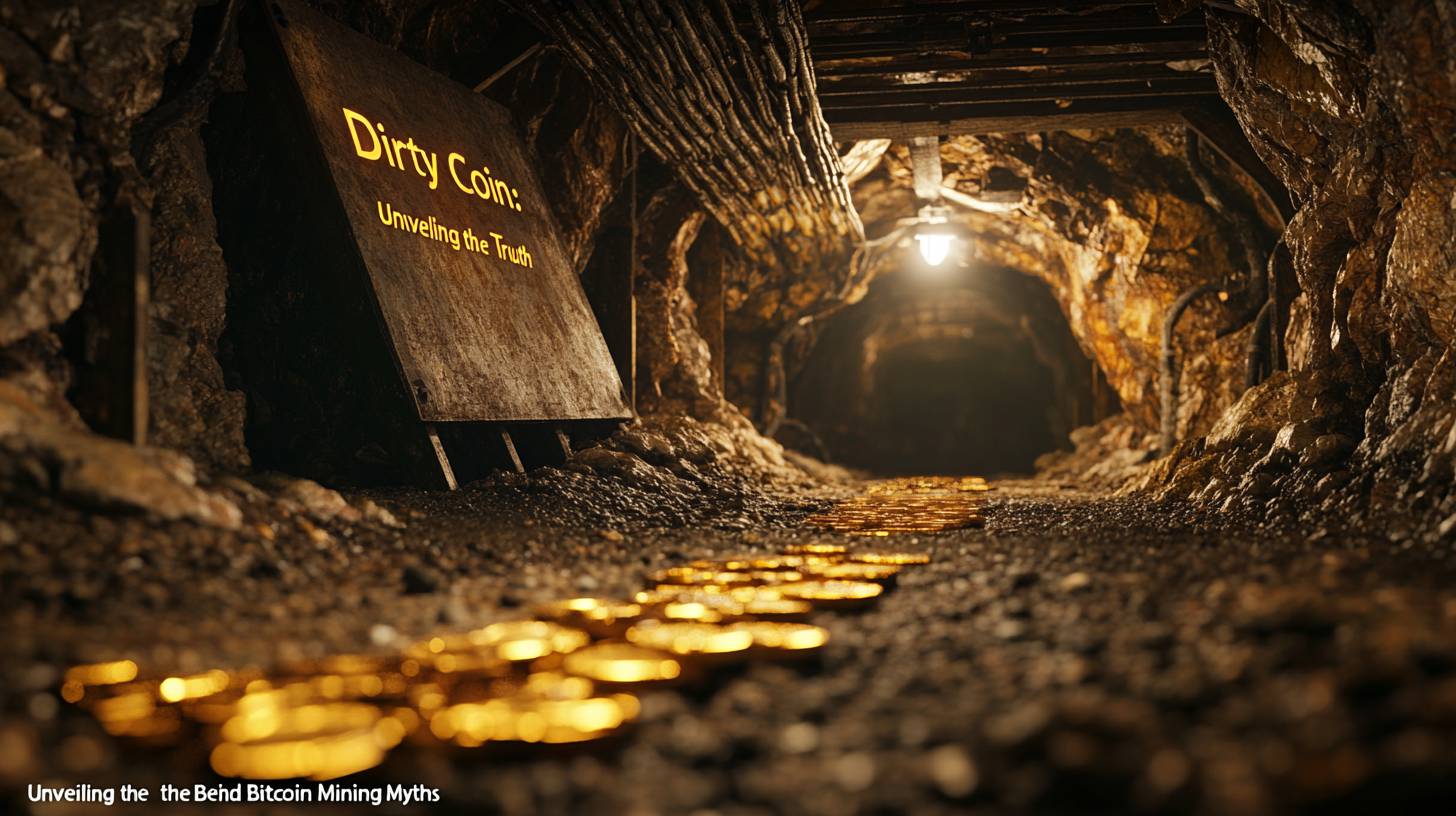
Bitcoin Mining’s Contribution to Renewable Energy Advancement
In essence, Bitcoin mining has the potential to positively impact the renewable energy sector. By generating a steady demand for electricity, it can facilitate the economic feasibility of renewable energy projects, minimize waste, and even support grid stability. For Australians worried about the environmental consequences of Bitcoin mining, it is crucial to understand that the industry is not innately harmful. Indeed, with the right strategies, it can play a vital role in the shift toward a more sustainable energy future.
Another intriguing illustration emerges on the global front, where Bitcoin mining operations are utilizing methane emissions from landfills. Methane is a powerful greenhouse gas, and by capturing it and converting it into electricity for mining, these operations not only help diminish harmful emissions but also convert a waste byproduct into a valuable asset. This approach could be especially advantageous in Australia, where landfill sites significantly contribute to methane emissions.
Clarifying the misunderstandings surrounding Bitcoin mining is vital, particularly in a nation like Australia, where the discourse over energy usage and environmental effects is especially intense. One of the most prevalent myths is that Bitcoin mining is an intrinsically wasteful and environmentally harmful endeavor. However, this narrative frequently neglects the intricate realities of how Bitcoin mining can genuinely generate both economic and environmental advantages.
Beyond the advantages concerning the environment and grid functionality, Bitcoin mining also presents significant economic prospects, especially in remote or underserved areas. In Australia, where vast expanses of land are sparsely inhabited and lack access to conventional economic avenues, Bitcoin mining can introduce a new channel for income and job creation. By establishing mining operations in these regions, businesses can generate employment, stimulate local economies, and offer a financial boost to communities that might otherwise be overlooked. This is particularly pertinent in the context of Australia’s ongoing shift away from fossil fuels, as Bitcoin mining could serve as a new route for economic growth in regions currently reliant on coal or other non-renewable sectors.
Bitcoin mining activities necessitate a reliable and considerable demand for electricity, which can render renewable energy projects economically viable in areas that might otherwise face challenges in supporting them. For instance, in isolated regions of Australia where the grid infrastructure is sparse or non-existent, Bitcoin mining can encourage the establishment of micro-grids powered by renewable sources such as solar, wind, or hydroelectric energy. These micro-grids not only supply the essential power for mining but also present a sustainable energy solution for nearby communities.
Clarifying Misunderstandings and Showcasing the Advantages of Bitcoin Mining
Another widespread misconception is that Bitcoin mining exacerbates grid instability. Detractors claim that the substantial energy needs of mining operations could overburden the electrical grid, resulting in blackouts or other complications. However, this perspective fails to recognize the role Bitcoin mining can play in grid management. In Australia, where energy markets are becoming increasingly variable, Bitcoin miners can function as flexible energy consumers, modifying their operations according to grid conditions. For instance, during times of low demand or excess supply, miners can escalate their activities, absorbing surplus energy that would otherwise be wasted. Conversely, during periods of high demand, they can reduce their consumption, aiding in alleviating grid pressure. This demand-response capability is especially valuable in a nation like Australia, where energy supply can greatly fluctuate due to the dependence on renewable sources.
Firstly, it is essential to recognize that not all energy consumption holds the same value. The energy consumed in Bitcoin mining is often depicted as a uniform drain on resources, but in actuality, a substantial portion of this energy is derived from renewable sources. In Australia, where solar and wind energy is plentiful, Bitcoin mining operations are poised to tap into these renewable resources, thereby lowering their carbon emissions. This is particularly relevant in areas like South Australia, which boasts one of the highest rates of renewable energy integration globally. By aligning Bitcoin mining with renewable energy initiatives, the industry can help stabilize the grid and optimize the usage of intermittent energy sources.
Although the environmental and economic impacts of Bitcoin mining are often misconceived, the truth is considerably more intricate and nuanced. In Australia, where renewable energy is abundant and economic opportunities are variably distributed, Bitcoin mining holds the potential to be a positive force. By integrating with renewable energy projects, contributing to grid stability, and generating new economic opportunities, Bitcoin mining can help facilitate a more sustainable and inclusive future for all Australians.
Moreover, the advantages of Bitcoin mining reach beyond its immediate economic repercussions. By engaging in the global Bitcoin network, Australian miners are enhancing the security and decentralization of the Bitcoin blockchain, which carries far-reaching implications for financial inclusion and sovereignty. In an era where traditional financial systems are becoming increasingly centralized and exclusive, Bitcoin presents an alternative that is accessible to anyone with internet access. For Australians, this translates into improved access to financial services, particularly for those in remote or underserved regions. It also signifies greater autonomy over their financial futures, free from the limitations imposed by conventional banking institutions.
Furthermore, Bitcoin mining can aid in harnessing stranded energy—power that is generated but cannot be easily transported or utilized due to geographical or infrastructural challenges. In Australia, this could involve surplus energy produced by solar farms in the outback or wind farms along the coast. By transforming this otherwise underutilized energy into electricity for mining, these operations can mitigate the overall environmental footprint and contribute to a more efficient energy framework.
One of the most persuasive points supporting Bitcoin mining is its capacity to promote the advancement of renewable energy initiatives. Contrary to the widely held belief that Bitcoin mining is detrimental to the environment, it can actually act as a booster for the expansion of green energy projects. This is particularly significant in Australia, where the extensive landscapes and rich natural resources present considerable opportunities for renewable energy production.
Source: bitcoinmagazine.com

